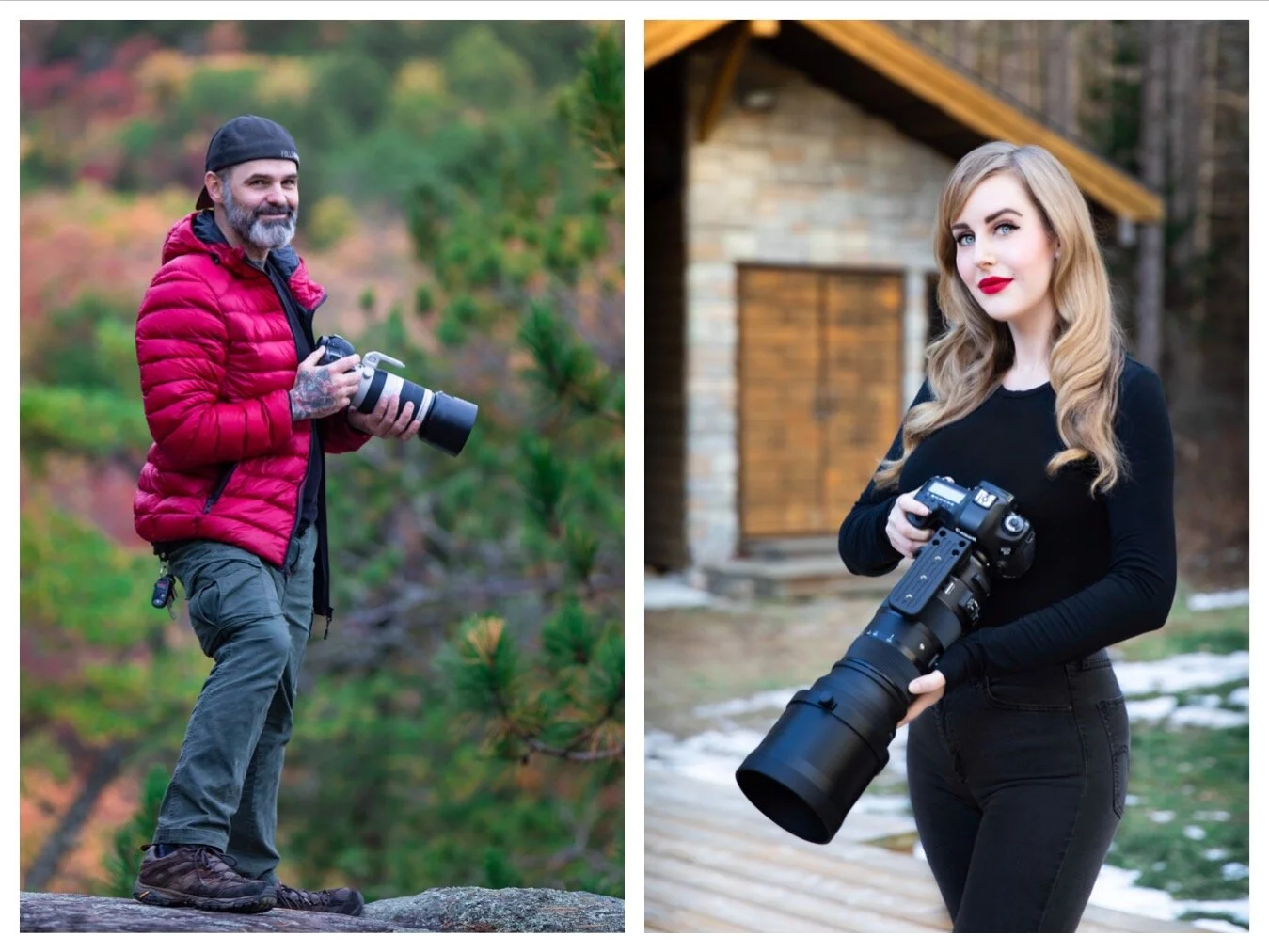What Camera Do You Use?
This is one of our most asked questions, usually found in the comments section under our photos on social media.
As professional photographers, we’re asked this question a lot. Along with...”What is the best lens for wildlife?” or, “What are your settings?”
If you’re on the market for a new camera, I understand that the number of options and brands out there to research is intimidating.
The short answer, Susan and I both shoot with a Canon EOS R5 Mirrorless. Our favourite telephoto lenses for capturing wildlife are the Sigma Sport 150-600mm and the Canon RF 100-500mm. That said, we often capture landscapes with these focal lengths, as well. We enjoy the perspective the extra reach allows us, especially for vast vistas so we can really pull in fine details.
On our photography workshops we go into detail about why we choose certain lenses for various situations. What we use changes based on the subject we’re photographing; whether the subject is in motion, the lighting and surroundings, and, of course, individual skill level.
Unfortunately, great gear will only get you so far! It’s knowing how to use that gear and having an eye for composition that makes for compelling images that tell a story.
You can put two professional photographers side-by-side, with the exact same gear, shooting the same subject, and they will both walk away with extremely different images.
Many of the amazing images that you see go a lot deeper than the just the camera being used. Many photographers will also use some sort of post processing software to edit their images. Lightroom and Photoshop are our favourites. Even iPhone photographers can achieve some amazing editing affects by using editing apps, such as Snapseed.
I read a statement from a photographer many years ago that stuck with me: “When people ask me what camera I used to capture an image that they like, it unfortunately connects the image solely with the instrument being used to capture it, ignoring any artistic purpose and trivializing my efforts in the process.”
It’s true! For example, a great chef doesn’t rely on the oven for their creations, right? The oven is just a tool!
Learning your current camera to its fullest extent will benefit you, much greater than buying a more expensive camera without learning the fundamentals. Remember, a more expensive camera won’t necessarily achieve the results you’re looking for.
I’d suggest looking into joining your local camera club, or seeking out professional photographers that may offer some one-on-one photography education. There are countless online tutorials that’ll benefit you, or even check out college courses.
My best advice for moving forward with photography is getting out and shoot, shoot, shoot! Find a shooting buddy. Challenge each other and then watch your skills grow over time.
Photography is a life long journey and we’re always learning something new. Most importantly, keep it fun!


